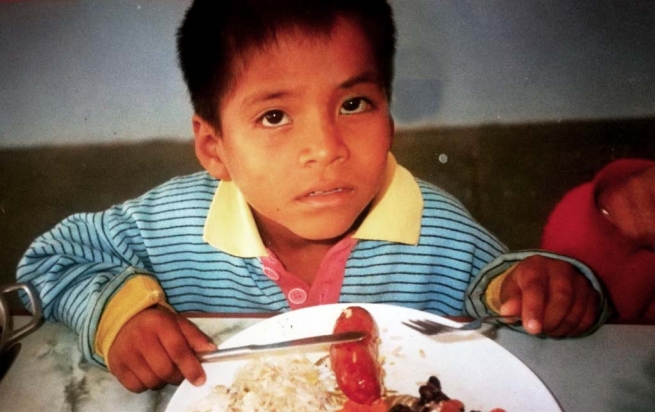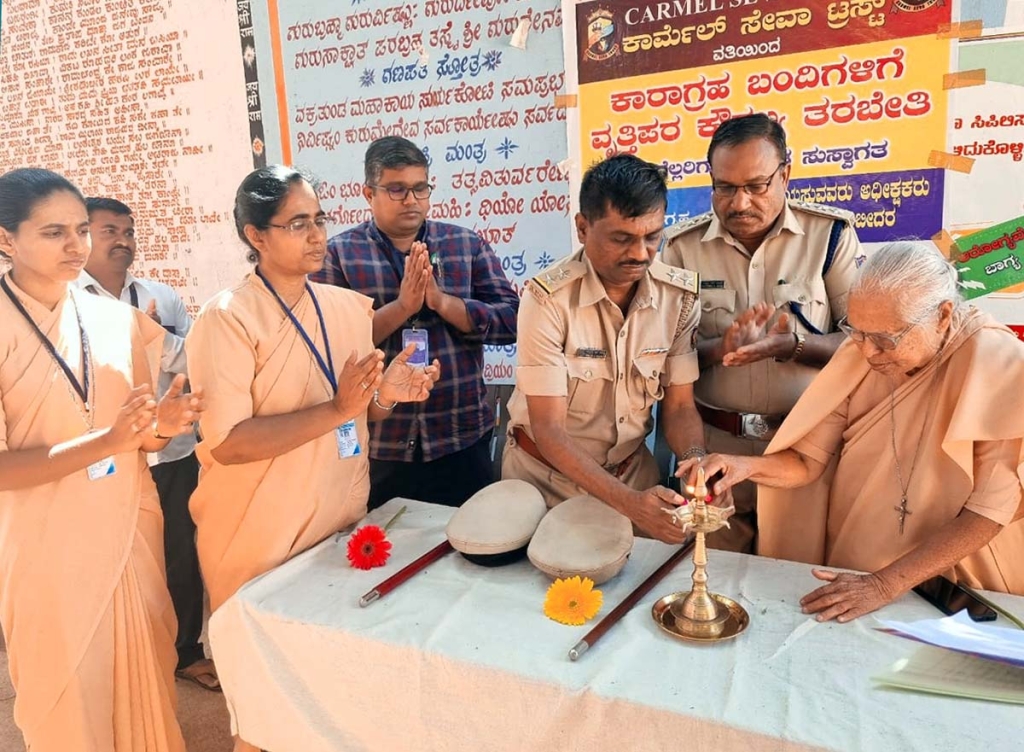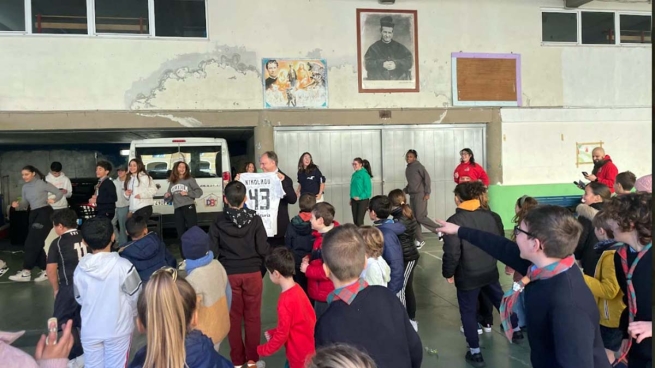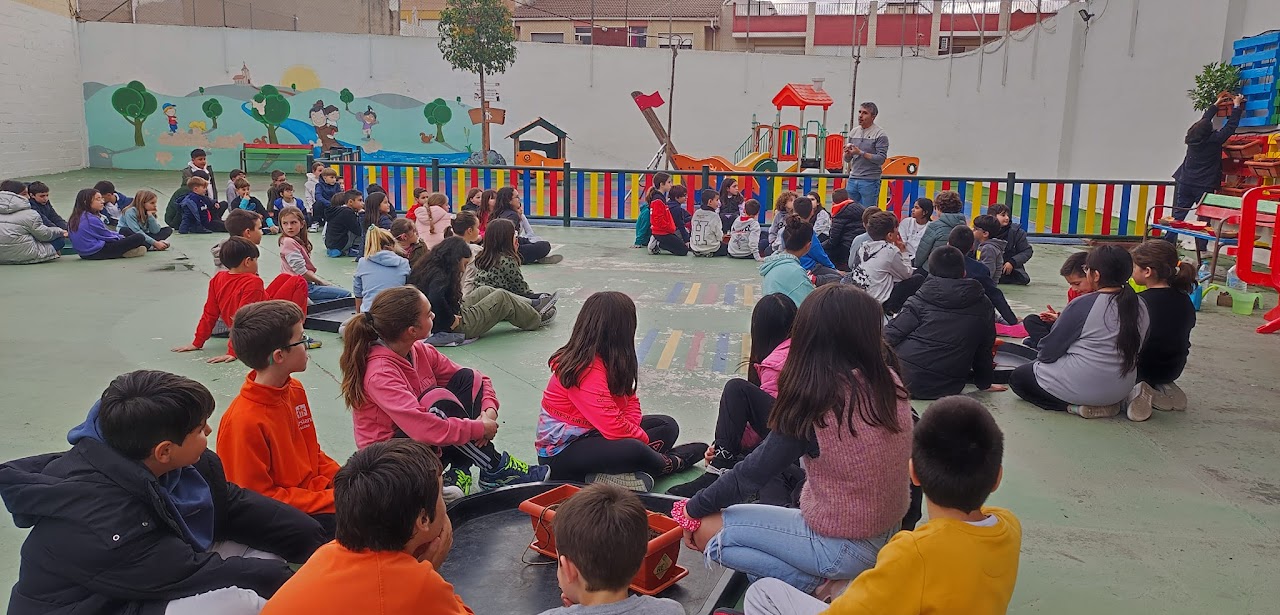BOLIVIA: Youth who come from challenging family situations excel at Hogar Don Bosco

(MissionNewswire) Salesian missionaries are helping youth gain an education and access resources that meet their basic needs in several programs connected to the Don Bosco Project located in Santa Cruz, the largest city and capital of the Santa Cruz department in Bolivia. Throughout the Santa Cruz region several Salesian centers have been developed and expanded to meet the needs of the local population.
The Don Bosco Project, which launched in November 1991, acts as a hub to help coordinate activities among several local Salesian-run programs including Hogar Don Bosco, Mano Amiga, Patio Don Bosco and Techo Pinardi. The project provides comprehensive rehabilitation and vocational training programs that bring social inclusion and meaningful employment to its students.
Every year Santa Cruz attracts youth who leave the difficult life of the rural highlands in search of new opportunities. The Don Bosco Project ensures these youth and others have access to emergency shelter, clothing and nutritious meals. The project also brings together psychologists, social workers, healthcare staff and teachers who work together to address the needs of almost 2,000 children who access primary and secondary schooling and vocational education.
There are several ways in which youth connect with the programs provided through the Don Bosco Project. A free overnight shelter brings youth in off the streets and connects them with adults who show genuine concern and offer support. The shelter provides a safe environment, nutritious meals and a support network that can be life changing.
A daytime program is also available for youth who are ready to escape their current situations and explore new opportunities. Here, Salesian staff offer tutoring to help youth catch up on basic studies and return to school as well as information on specific trades. In addition, there are opportunities for participation in sports and other constructive group activities.
Fermín Galarza Cardozo is a recipient of services at the Hogar Don Bosco Center. He says, “I arrived at Hogar Don Bosco when I was 5-6 years old. I came from a painful situation because the village we lived in had been flooded by the Rio Grande.”
Nearly every child that comes to Hogar Don Bosco has experienced challenging life circumstances. One of the organization’s leaders says, “Many of them cannot live with their families either because they are orphans or because they are from very poor families who can no longer take care of them.”
Cardozo’s situation is similar. He adds, “My parents separated and the Teresian nuns took care of me and my brother. They set out to find a place where we could be educated and became aware of the great work of Father Ottavio Sabbadin at Hogar Don Bosco. Initially I had difficulty adapting, but over time I took to considering it as my real home.”
Hogar Don Bosco ensures youth receive a good education and live in an environment that’s conducive to focusing on their studies. The center also helps young people build a solid foundation of values and morals in life as well as provides a sense of family support.
Bolivia is the poorest country in South America and has the most unequal income distribution on the continent. According to UNICEF, 60 percent of Bolivians live below the poverty line with 40 percent of those living in extreme poverty. The poverty rate is higher in rural areas where the rate increases to 75 percent of the population. It is common for Bolivians to struggle to find adequate nutrition, shelter and other basic necessities.
The geography of Bolivia contributes to the overwhelming poverty of its residents. Large swaths of the country remain undeveloped with a lack of roads and infrastructure in place, negatively impacting the indigenous farming populations who typically live there.
###
Sources:
ANS Photo (usage permissions and guidelines must be requested from ANS)
ANS – Bolivia – “Hogar Don Bosco” center speaks clearly through his story: Fermín Galarza Cardoza
UNICEF – Bolivia




